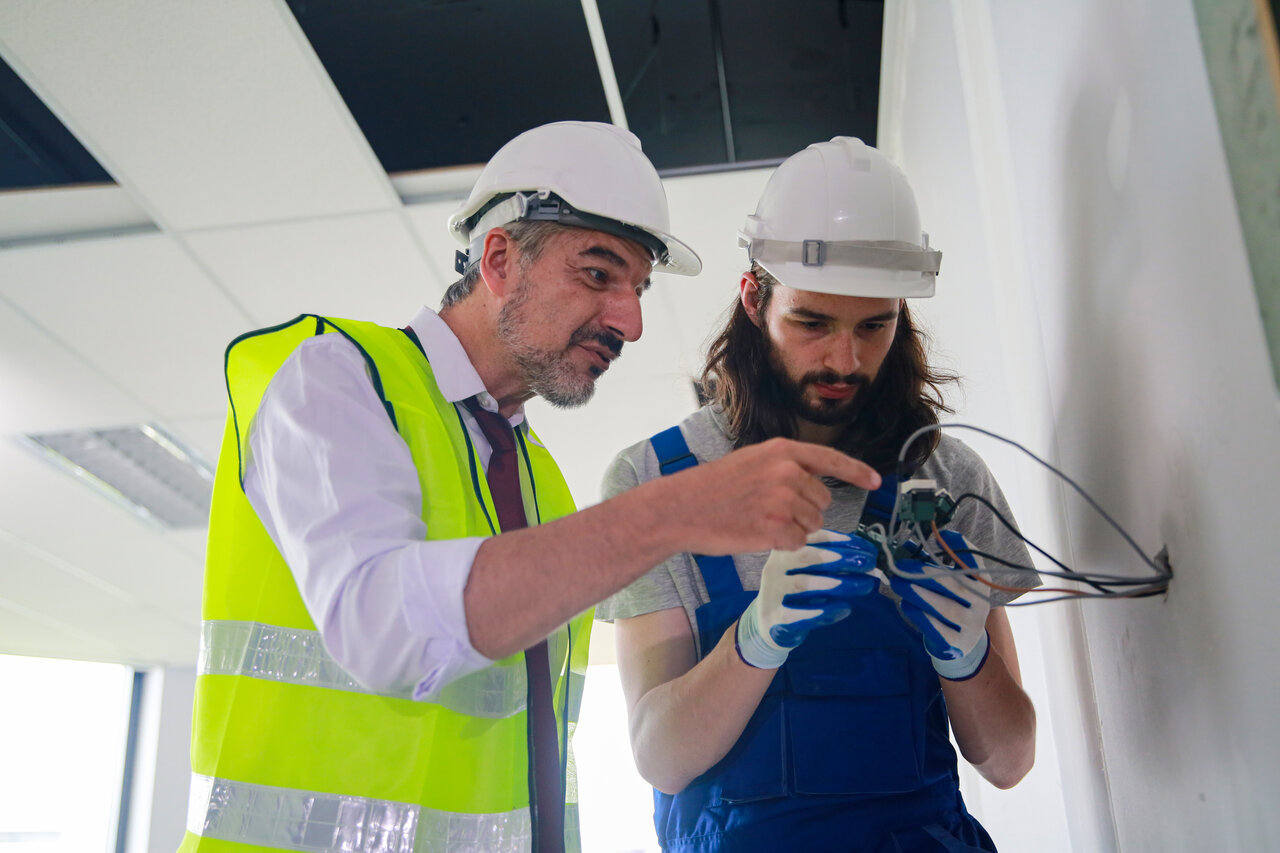The safety and well-being of your family and colleagues should always be a top priority, no matter where you are – at home or work. One crucial aspect of maintaining a secure environment is ensuring that all electrical systems and components are in good working condition and up to current safety standards. Regular electrical safety inspections are vital to achieving this goal, as they can help identify potential hazards and address them before they cause serious problems. In this blog post, we will uncover the importance of electrical safety inspections and provide you with a comprehensive guide on how to schedule and prepare for them in both residential and commercial settings.
It’s not uncommon for electrical systems to develop issues over time – faulty wiring, outdated components, or inadequate installations can pose serious dangers to the occupants of a building. Electrical hazards can lead to electrical fires, electrocution, or even damage to your property and appliances. This is where electrical safety inspections come into play. By conducting detailed checks on every aspect of your electrical system, these inspections ensure that all components are functioning correctly, are up to code, and do not pose any potential hazards.
Residential and commercial properties have different electrical demands, and therefore, the scope and frequency of inspections may vary. For homeowners, a general rule of thumb is to conduct an electrical safety inspection every five years or when moving into a new home or undertaking significant renovations. In contrast, commercial properties with higher power demands and more extensive electrical systems should have inspections more frequently, with the recommended interval being every three years or when tenants change.
Key Components Covered During Electrical Safety Inspections
During an electrical safety inspection, a trained professional will meticulously examine the various aspects of your electrical system to ensure all components are safe and comply with relevant safety standards. The key components covered during an inspection include:
- Electrical panel: The inspector will assess the condition of your electrical panel, ensuring it has the correct capacity, is safely installed, and has no signs of wear or damage. This includes checking for any loose connections, proper grounding, and appropriate circuit breakers.
- Wiring and outlets: The inspector will examine the wiring throughout your property, ensuring that it is properly insulated and adequately rated for the electrical load and that there are no visible signs of damage. Outlets will be tested for correct polarity, grounding, and secure connections.
- Lighting and fixtures: The inspector will assess lighting fixtures for proper installation and function, ensuring they are securely attached and safely wired. In addition, energy-efficient lighting options like LEDs may be recommended if needed.
- Safety devices: The inspection will also cover essential safety devices such as smoke detectors, carbon monoxide alarms, and residual-current devices (RCDs), ensuring they are functioning correctly and are well-maintained.
The Importance of Hiring Qualified Professionals for Inspection and Maintenance Services
Certified and experienced professionals should always carry out electrical safety inspections. Hiring a qualified electrician ensures that your inspection will be thorough, accurate, and compliant with all relevant safety standards. Furthermore, a skilled electrician can provide valuable advice on any necessary repairs or upgrades, as well as suggest preventive measures to avoid future issues. With the help of a trained professional, you can have peace of mind knowing that your property’s electrical system will be safe and efficient for years to come.
How to Prepare for an Electrical Safety Inspection
To ensure that your upcoming electrical safety inspection goes smoothly, it’s crucial to prepare yourself and your property adequately. Here’s a step-by-step guide on how to get ready for an inspection:
- Schedule the inspection: Get in touch with an experienced electrician and set a date and time for the inspection. You may choose to have regular inspections as a preventive measure or opt for them when moving into a new property or after significant renovations.
- Compile a checklist: Create a list of all electrical components in your property that need inspection or testing. This will serve as a guide to the electrician and help ensure nothing is overlooked during the process.
- Clear access points: Make sure to provide unhindered access to your electrical panel, outlets, and other components by removing any furniture, appliances, or clutter that may obstruct the electrician’s path.
- Gather documentation: Compile any relevant paperwork related to your electrical system, including warranties, previous inspection reports, and receipts for installation or repair work. This information can be helpful for the electrician to understand your system and its potential issues better.
- Be present during the inspection: If possible, be available on-site during the inspection to provide information and address any questions or concerns that the electrician may have.
Creating an Inspection Schedule: Timing and Frequency
Establishing a regular inspection schedule is vital for maintaining the safety and efficiency of your electrical system. As a homeowner, it’s recommended to schedule an inspection every five years or if you’re moving into a new property or undertaking significant renovations. In contrast, commercial properties should have inspections every three years or when tenants change due to their extensive electrical systems and higher power demands. Adhering to an appropriate inspection schedule will allow you to identify and address potential hazards promptly, thereby reducing the risk of electrical fires or electrocution.
Conclusion
Electrical safety inspections are crucial to maintaining a secure and efficient environment in your residential or commercial space. By understanding the essential components of these inspections, hiring qualified professionals, and following a regular inspection schedule, you can protect your property and its occupants from potential hazards and ensure compliance with relevant safety standards.
Remember that the safety and well-being of your family and colleagues should never be compromised – be proactive and enlist the expertise of skilled electricians at Riley Smith Electrical for all your electrical safety inspection needs. Contact us today and experience the ultimate peace of mind, knowing that your electrical system is in capable hands.

